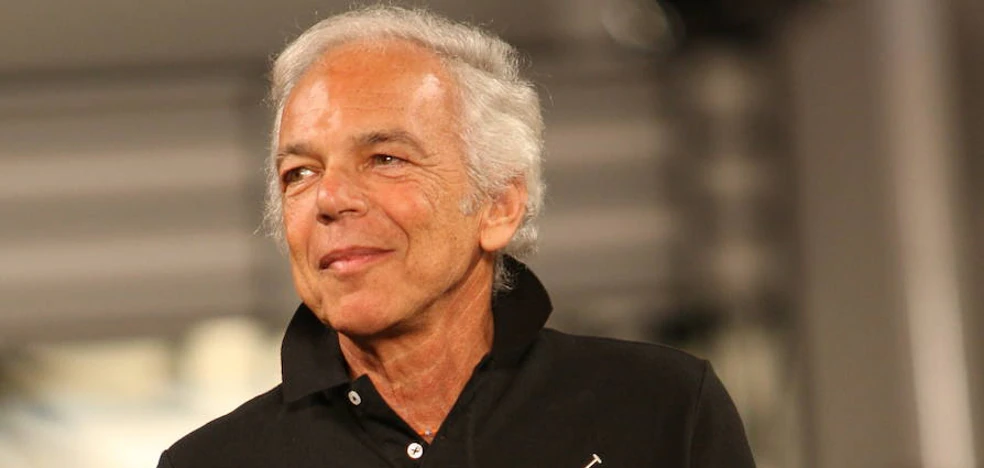The hardest thing is to see how certain streets, certain places of memory, where people were happy, become depopulated
When you live abroad and have the good fortune and chance to return to your home country, the first thing that strikes you is how different things seem when you look at them. It is enough to land at Fiumicino airport, to realize again how ancient Rome is (a palicua word: in Spanish, as Francisco Delicado knew very well, read backwards, it says Love, and how not to feel that must experience for the city that was caput mundi, that metropolis in which the past is still present and clearly visible from the periphery).
Meanwhile, the memory and image we had of friends, relatives and neighbors have also changed: in the space of about three or four months they may have all undergone radical changes in their face, in their form of walking, in their state of Health. The hardest thing is to see how certain streets, certain places of memory, where one was happy, become depopulated, because the elderly die, some leave suddenly, others after a long and painful trial, a similar trial for those who will have to stay traveling on and having to take care of the bureaucracy of death (there’s my grandfather’s violin; there’s the wheelchair that my grandmother will no longer help move; there’s the wedding photo with its gold frame).
Then if the one who lives abroad chooses to look at the family albums, lo and behold, things get complicated later on. It can’t be, one says to oneself: this man so young, with so much hair and so black, it can’t be him; this beautiful woman, with such an elegant chignon and lipstick that one imagines red, coloring the black and white photograph with the “eyes of the ghost”, cannot be her. The photos freeze time, cutting away a piece of reality that was and will never return (Roland Barthes wrote ‘Camera Lucida’ especially for that, to commemorate his mother’s death, just as Walter Benjamin wrote his ‘Little History of Photography’ to find poetry where everyone saw only a modern technological invention that would relegate painting to the background).
You look and keep looking, wondering who the other people are there, people whose names you don’t even know: a laughing boy with a ball; a very serious girl with a doll in her arms; a friend of the grandfather who plays the trombone in the city orchestra, in front of the city hall authorities; a friend next to my grandmother going up the mountain, the sheep in the distance, the clouds as drawn in a spring sky.
If I randomly flip open ‘Lettere a Gaustìn e altre poesie’ (Rome, Voland, 2022), a collection of poems by the Bulgarian Georgi Gospodinov (according to some prominent critics, a potential candidate for the Nobel Prize for Literature), I come across the following verses (verses from a poem entitled ‘Grandpa and the lightning’ [la magnífica traducción del búlgaro al italiano es de Giuseppe Dell’Agata; la timorata del italiano al español de quien esto escribe]):
«Who is this little / who is capitalized / photographer writes to us / sees everything and photographs everything / for him are our poses / for him are our roses / for him are our “potatoes” / our sour masks. / If we go there one day / We will look at pictures all our lives ».
I think of this fascinating hypothesis: of an omnipresent and “all-seeing” God because he watches everything and because he photographs everything; in the fact that one day we’ll spend our lives looking at pictures, as if those parts of eternity are the eternity we’ve been given to live. Up there. Between grandfather and lightning.
Source: La Verdad
I am David Jackson, a highly experienced professional in the news industry. I have been working as an author at Today Times Live for over 10 years, and specialize in covering the entertainment section. My expertise lies in writing engaging stories that capture readers’ attention and deliver timely information about the latest developments.



